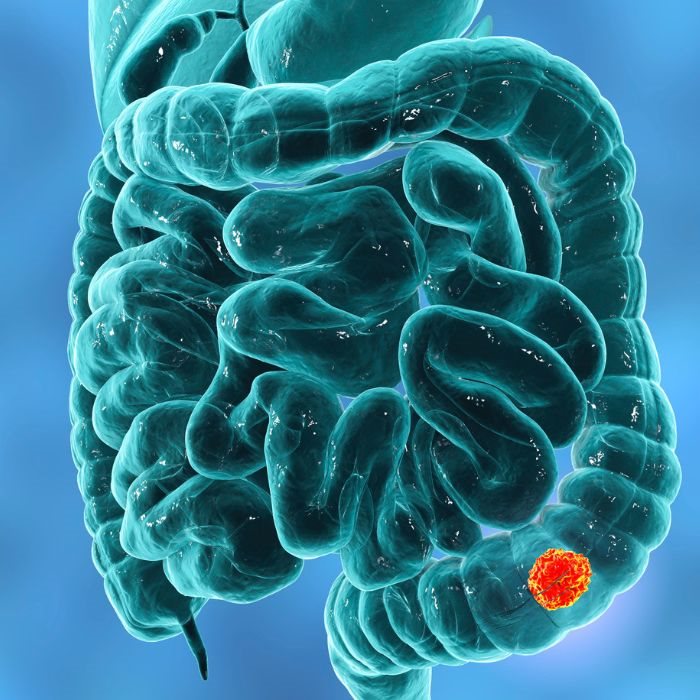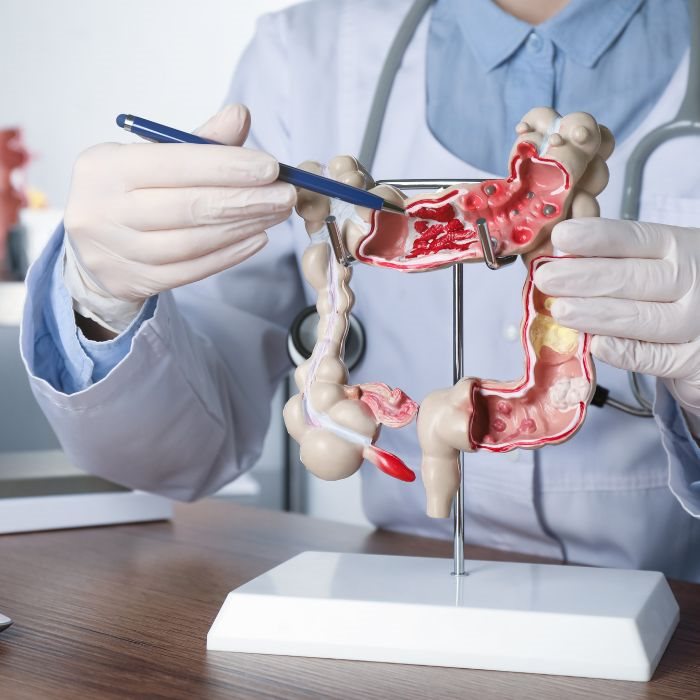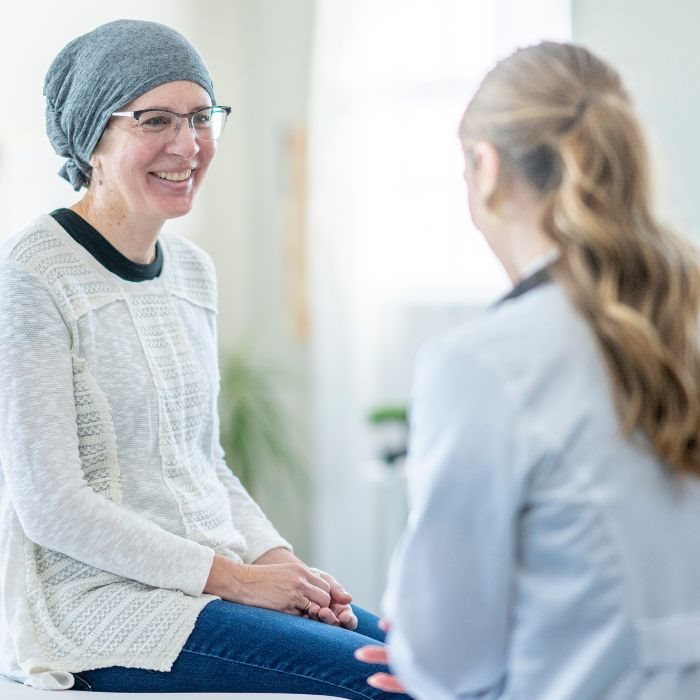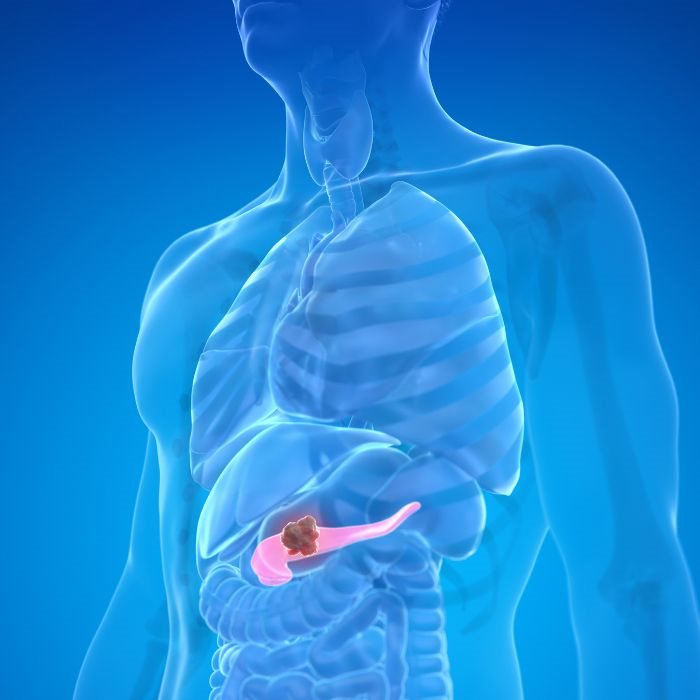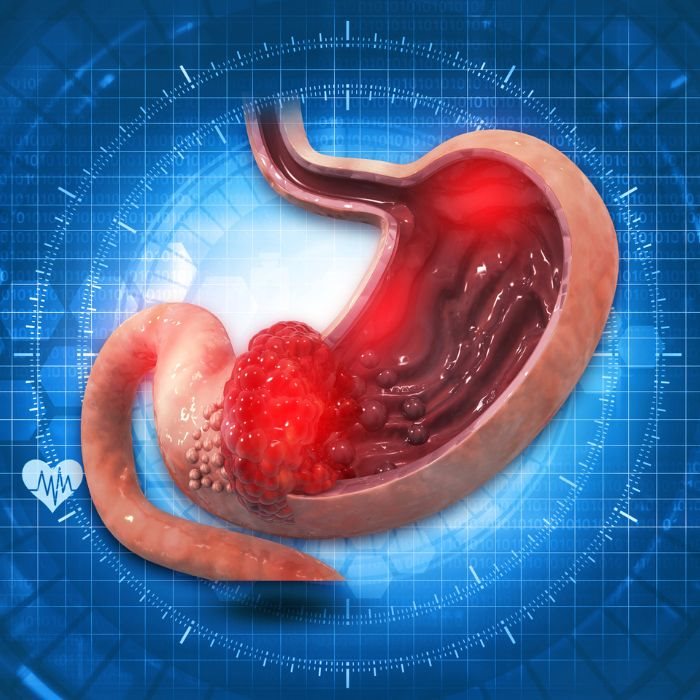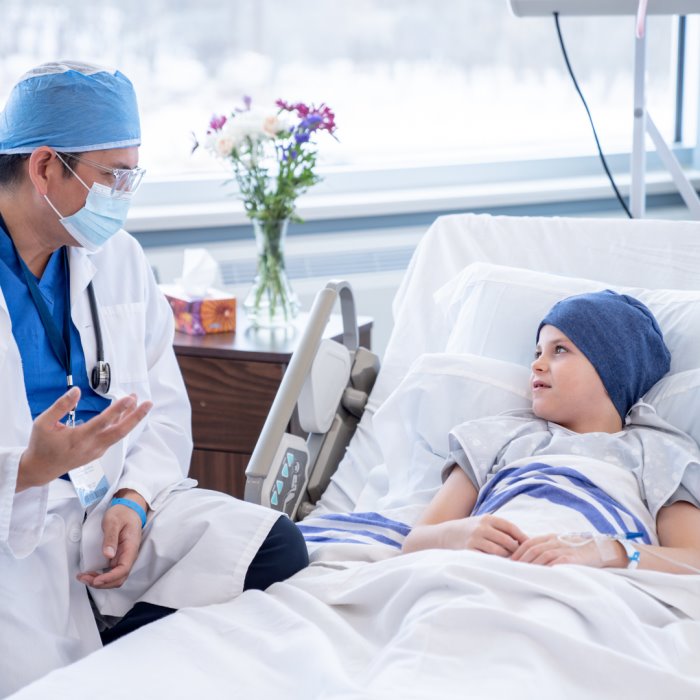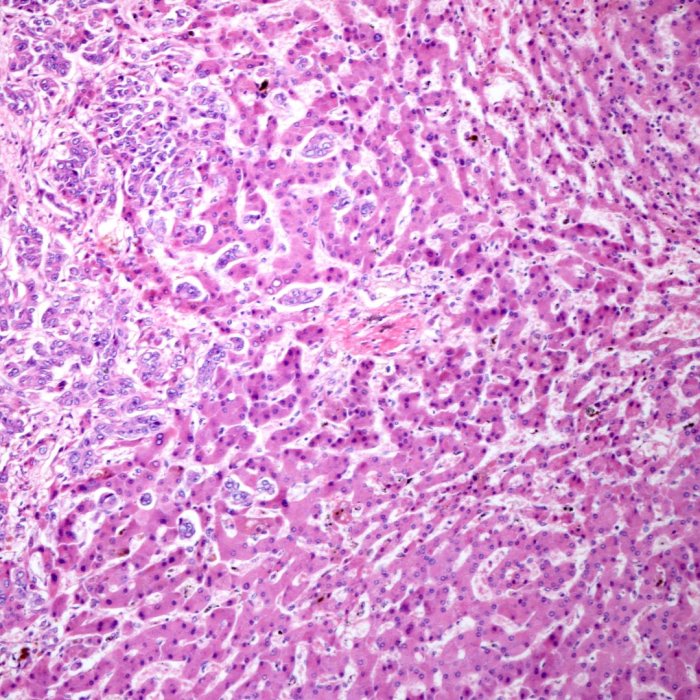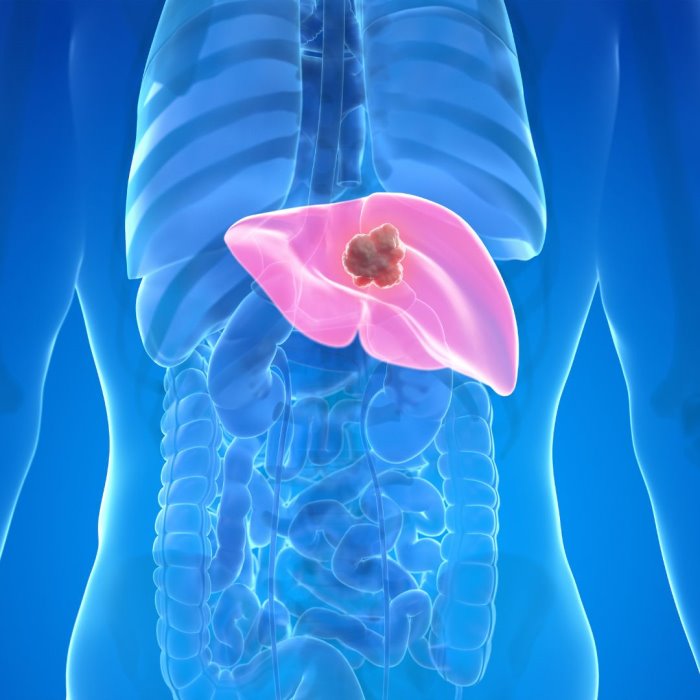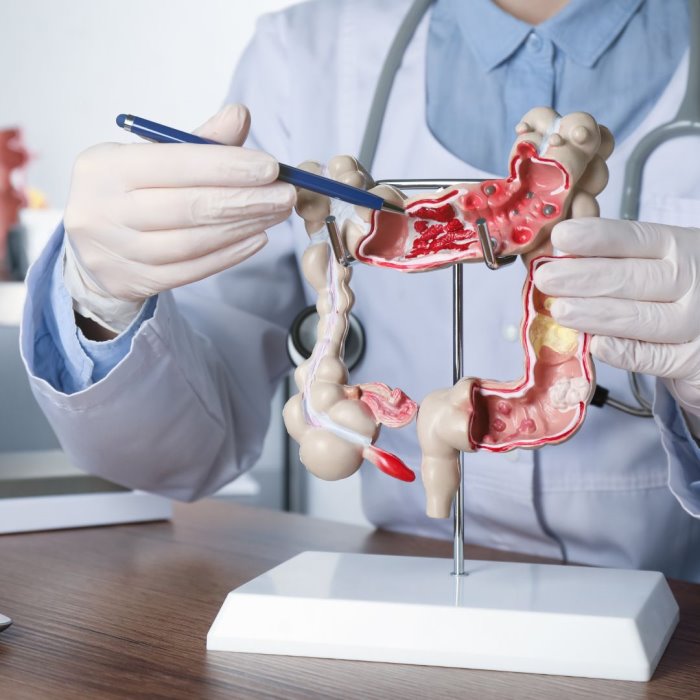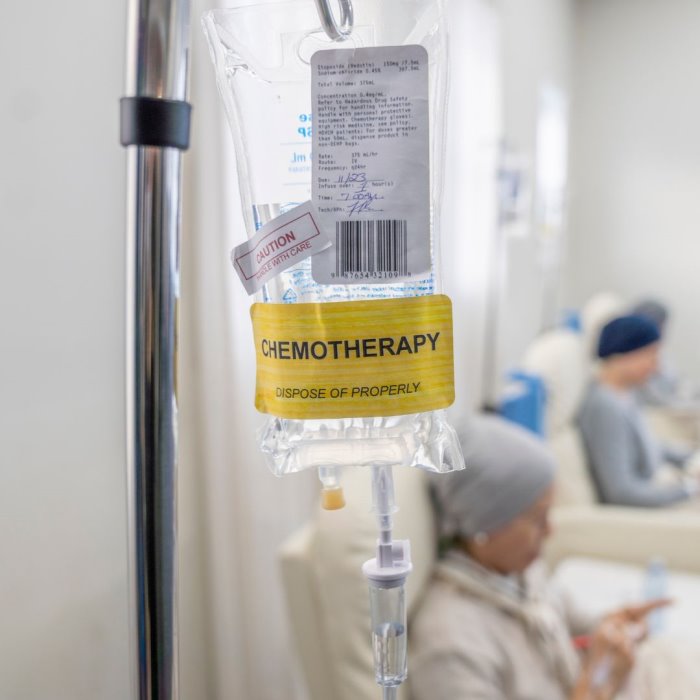Phone
+90 532 203 7931Colorectal cancer, or colon cancer, starts in the colon, the rectum, or in both. It starts out as tiny, non-cancerous clumps, or polyps, that form in the colon lining. Some become cancerous later. The third most common cancer among men and women in America, colon cancer is, however, curable when detected early and treated right away.
Timely detection is important
Early diagnosis of colon cancer maximizes the treatment outcomes. These tests can help reveal polyps before they become cancerous or discover cancer in the early stage when it is most curable. Periodic screening is very crucial as it can reveal problems several years earlier than symptoms, hence significantly enhancing the chances of successful treatment. Being conscious about the necessity for regular screening and conscious about early symptoms prompts one to take early steps in maintaining their health.
The key to any cancer is early symptoms being detected and prompting one to seek medical opinion. They do not all fit but comprise alteration in the bowel habits, rectal bleeding, and weight loss that is unexplained. They should never be dismissed. Public education by way of campaigns and educationally specific messages becomes imperative in sensitizing the public about the necessity for screening and medical attention when such symptoms persist. The earlier the diagnosis, the more the survival rate, since early diagnosis means early treatment and intervention.
Symptoms and Diagnosis
The Signs and Symptoms to Watch Out for
The symptoms in colon cancer exist in varying degrees depending, in part, on the location and extent of tumor expansion. Bowel habits become altered, with constipation, diarrhea, or altered consistency in stools. In a number of cases, the presence of blood in stools is noted, either bright red or dark stools. Other symptoms include chronic pain, cramps, flatulence, or abdominal pain. Other symptoms that could be worrisome about the occurrence of colon cancer include weight loss and debility or fatigue.
These symptoms and signs can be caused by numerous reasons unrelated to colon cancer, but if any such symptoms occur for more than a short time, a medical visit is not only a good idea but essential. Early detection, by means of proper diagnostic tests and screening, is the means by which such cancer can be managed successfully in such cases. Knowledge regarding such signs can allow early medical visits and treatments, with significantly better results in such cases.
Diagnostic Modalities
Diagnosis of colon cancer is a combination of a series of tests in imaging studies, screening, and biopsy. Colonoscopy A camera-containing tube is inserted that examines the entire colon and rectum. Sigmoidoscopy Similar to colonoscopy but is restricted to the rectum and lower colon. CT colonography-also called virtual colonoscopy Utilizes CT scans that make images with detail about the colon and rectum. A biopsy can be done if suspicious areas appear, in order to remove tissue samples for microscopic examination.
Blood tests, like CEA level, can help in diagnosis and monitoring. These diagnostic tools help clinicians establish the correct assessment of the occurrence and severity of colon cancer. Early and correct diagnosis will provide a means of choosing the correct modality of treatment and, in this way, enhancing the patient's prognosis.
Treatment Options
Surge
The most typical first-line treatment of colon cancer is surgery. Surgery is curative if the cancer is localized to the colon. The operation involves the tumor and surrounding tissue removal as a method of cancer metastasis prevention. Surgery varies with the cancer location and stage. Polypectomy and local excision are less invasive surgeries performed in early colon cancer. Whereas polypectomy is excision of polyps during colonoscopy, local excision is excision of localized and small tumors with a small uninvolved surrounding tissue.
The patient later undergoes a colectomy, or surgical excision of a portion or all the colon. A partial colectomy is done solely in order to excise that portion of the colon that is occupied by the tumor; but total colectomy is done if the cancer has already pervaded the colon. Along with this, nearby lymph nodes are excised during surgery since cancer cells would already be spread in these areas. Recovery from colon surgery would take weeks, and postoperative management is done in order to control the risk for recovery.
Radiation Therapy
Radiation therapy involves the application of beams of strong radiation, such as X-rays, that destroy cancer cells. Radiation is applied at various stages in colon cancer treatment. Neoadjuvant radiation is applied for shrinking the size of a tumor before surgery. The tumors, being smaller, can be excised with ease. Adjuvant radiation is given following surgery in order to kill any residual cancer cells and prevent recurrence. In later stages, radiation is applied for the alleviation of symptoms and improvement in the quality of living.
Advanced radiation techniques include EBRT, that is, external beam radiation therapy, SBRT, that is, stereotactic body radiation therapy, and IMRT, that is, intensity-modulated radiation therapy. These treatments avoid damaging normal tissues. In general, radiation treatment can cause such side effects as fatigue, skin reaction, nausea, and change in bowel habits. Side effect management is important for patient quality of life during treatment. Radiation therapy remains a valued component in colon cancer comprehensive treatment.
Chemotherapy
Chemotherapy is achieved with the administration of drugs that kill cancer cells or slow their rate of growth; it is systemic since it affects the whole body. It has been applied at many stages in the treatment of colon cancer. Neoadjuvant chemotherapy before surgery downsizes tumors and facilitates surgery. Adjuvant chemotherapy is administered after surgery with the aim of killing any lingering cancer cells and lessening the threat of recurrence. Palliative chemotherapy is applied in advanced stage with the objective of treating symptoms and increasing the quality of life.
There exist chemotherapeutic drugs for colon cancer that can be administered separately or in combination. Examples of such combinations include 5-fluorouracil (5-FU), capecitabine (Xeloda), oxaliplatin (Eloxatin), and irinotecan (Camptosar). Fatigue, nausea, vomiting, hair loss (alopecia), and susceptibility to infection-in this context, are among the side effects of chemotherapy. Side effects can be managed with supportive treatment and drugs so that one might enjoy good quality of life during therapy.
Targeted Therapy
Targeted therapy targets specific molecules that are the underlying cause of cancer occurrence and expansion. In the process, the treatments target inhibition of tumorous cell expansion by halting the cancer cell expansion by means of inhibition of cell and blood vessel cycles, with numerous normal cells left intact in the process. Avastin, bevacizumab, is intended to prevent the tumor from being nourished with fresh blood vessels. Cetuximab (Erbitux) and panitumumab (Vectibix) target a receptor required by the growth factor on the tumor cell surface. Stivarga, regorafenib, targets various kinases that are responsible for tumor cell expansion.
Targeted therapies, generally, have fewer side-effects than traditional chemotherapy. Not all people can be treated with such drugs, and their efficacy would be determined both by their genetic status and by their tumor characteristics. These represent novel means by which people with specific molecular profiles can be given hope, and one major advance in the treatment of colon cancer.
Immunotherapy
Immunotherapy The body's immune system is utilized by immunotherapy to destroy cancer cells. It typically is composed of drugs that activate the immune system, which identifies-and destroys-cancer cells. Immunotherapy has been promising in a number of colon cancers. Immune checkpoint drugs, such as pembrolizumab and nivolumab, stop proteins that stop the immune system from killing cancer cells. Researchers continue to study cancer vaccines that activate the immune system against specific antigens found on cancer cells.
It is among the most rapidly developing medical areas in colon cancer studies, with numerous ongoing clinical trials. It is a wonderful opportunity for the patient to be enrolled in more advanced treatments and be included in medical studies. It is one of the most promising fields in colon cancer treatment and promises more favorable results and longer remission.
Support and Lifestyle
Nutritional Support
The management of colon cancer and optimalization of quality of life incorporate nutrition as a central modality. Proper nutrition can assist in control over symptoms and immunostatus, in optimizing well-being. Global dietary recommendations in colon cancer patients consist in a diet with a high fiber content for control over regularity and integrity in the bowels, a balanced diet with lots of fruits, vegetables, lean proteins, and whole grains, and regular, frequent meals that are tolerable, with consideration given for nausea and loss of appetite.
This will also include consulting with a registered dietitian who will be capable of providing individualized meal plans, considering the patient's preferences and needs. Follow-up consultations can be scheduled on a regular basis to manage issues arising related to nutrition with the hope of adequate nutrition throughout this period of treatment. Adequate nutrition maintains the body's capacity to recover and withstand the stressful impacts of cancer treatment.
Emotional and Psychological Support
Colorectal cancer is a terrible ordeal to go through, both for the patient and his/her family. Emotional and psychological support for stress, anxiety, and depression becomes unavoidable. Real help in the way of support services such as counseling and therapy, support groups, or a strong family and friends support system is basically unavoidable in order to provide support. Mind-body treatments involve meditation, yoga, and mindfulness, which lead to decreased stress and a change in one's attitude.
Psychological and emotional support is one of the most important elements in whole-person cancer care, in which a patient is treated for his/her disease as well as his/her psychological and mental well-being. Toward this aim, medical staff can help their patient cope with cancer treatment and recovery by the following. Supportive care plays a very important role in cancer patients' having good attitudes and in maximizing overall quality of life.
Progress in Research
Clinical Trials
Clinical trials play a very important role in the process of discovering and developing treatments. They will give the patient the most advanced treatments, while in the process introducing a breakthrough in medical science. Examples of kinds of clinical trials, but non-limiting, include: Phase I, testing safety and doses; Phase II, testing efficacy and side effects; Phase III, comparison with current treatments for determination of the new treatment; and Phase IV, post-marketing surveillances after approval.
Clinical trials give the patient a chance to benefit from treatments that haven't been provided widely yet. There might, however, be associated risks such as side effects and uncertainty about the efficacy of the treatment. Willing participants must go through and discuss the pros and cons of the clinical trials with the health practitioner. Clinical trials play a very vital role in order to obtain more advancement in the future in curing cancers and with improved results.
Future Outlook
New treatments more effective and more recent for colon cancer are also in the process of being studied. More recent treatments in the form of gene therapy for repairing the genetic disorders in colon cancer, personalized medication for treating the patient with treatments according to his/her genetic profile and biological tumor characteristics, and combination treatments for making the treatments more efficient are being studied by researchers. These newer developments would enhance the quality of survival and life in colon cancer patients.
Colon Cancer
Colorectal cancer Constant studies continue to push the boundaries, thus providing the possibility for even more favorable results and novel treatments. With news in the most recent areas such as this, clinicians and colon cancer diagnosis patients can look for more such areas with promise that can be translated into even more favorable treatment. This could be a good thing in the future in that it would lead to more treatment and more awareness about the disease. It is a serious health problem, but since colon cancer is one that is treatable early, with aggressive therapies and continued studies, there is always the promise of better outcomes. With learning about the necessity for screening and awareness about symptoms, and a closer look at the promise for treatments, one is still in a positive direction with their health.
Ongoing studies and additional clinical trials that continually reveal what is possible give the patient and their family renewed optimism. Active and knowledgeable, the patient-provider relationship is established to provide the best patient treatment. The journey with colon cancer can be tough; with assistance and instruments, however, the battle can be fought hopefully and assuredly. Awareness and pressure for early diagnosis hold the key in order to join forces in their quest to assist in making lives affected by colon cancer better.
